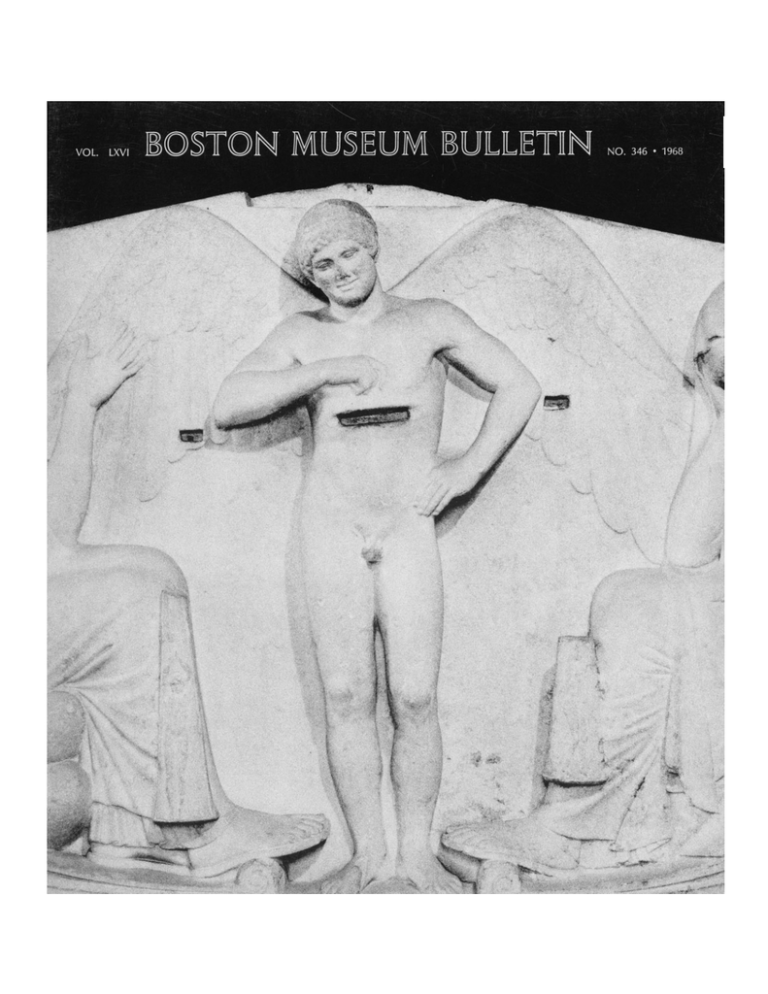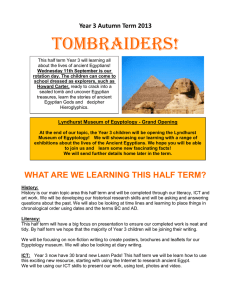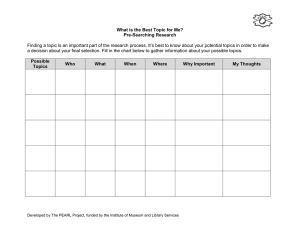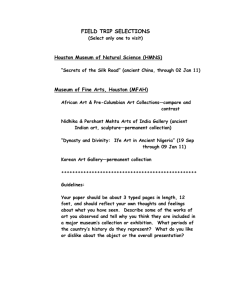Dunham, Dows. “William Stevenson Smith.”
advertisement

William Stevenson Smith FEBRUARY 7, 1907- JANUARY 12, 1969 We are gathered here today to do honor to the memory of William Stevenson Smith, my friend and colleague at the Museum of Fine Arts for many years. Some of you, I know, knew him at Harvard through his teaching at the Fogg, both as fellow scholars in the Department of Fine Arts and as pupils in his courses. I would, therefore, render tribute first to his eminence as a scholar, primarily in the field of ancient Egyptian art and history. This was his lifelong absorbing interest, though he was also involved in many peripheral activities and organizations. Two of his major publications, Egyptian Sculpture and Painting in the O l d Kingdom and The Art and Architecture of Ancient Egypt, have earned him worldwide recognition as an authority who enjoyed the respect and admiration of distinguished colleagues in the field both in this country and abroad; notably in England, France and Germany, where he had a host of professional as well as personal friends. But his wide-ranging interest was by no means confined to ancient Egypt. The book which he published in 1965, entitled lnterconnections in the Ancient Near East, embraces the relationships between the art of Egypt, the Aegean and Western Asia and has been acclaimed as a masterly study in this field. Two from a number of tributes from distinguished scholars abroad attest to the high regard which he inspired. The Keeper of Egyptian Antiquities at the British Museum says of him: “He was a man for whom I had a real affection and, of course, a very great admiration. I shall always remember him as someone whose friendship meant much to me. . . . He enjoyed the respect and regard of every Egyptologist, even those with whom he had differences of opinion on academic matters. To the Boston Museum his loss i s a real tragedy.” Cyril Aldred of the Royal Scottish Museum, Edinburgh, writes: “He will be sadly missed by his friends as an essentially good person who inspired affection as well as respect. The loss to Egyptology is no less great. He never lost sight of its most important fundamentals and characteristics and inspired all of us who see the subject as something more than a parlor game for philologists. The loss to Boston is most grievous: he conferred distinction on the Museum and well maintained the great traditions of scholarship and authority that have been particularly associated with its staff since its foundation.’’ Here at Harvard he was devoted to his students, gave them unsparingly of his time, knowledge and personal interest, far beyond the requirements of his official teaching duties, and he spared no pains in helping those who showed promise, and in doing what he could to promote their advancement. But this tribute to Bill Smith cannot end with recognition of his place as a scholar. 167 He was one of the most generous and sweetest of men. I d o not think I have ever known anyone more utterly unselfish or more completely devoted to duty. He never spared himself and I am convinced that his untimely death was in no small measure due to overwork and disregard for the proper care of his health. He was a completely good, kindly and unselfish man, and an example to all who knew and loved him. He died mercifully without prolonged illness and h e has richly earned his rest. DOWS DUNHAM B i l l Smith i n the Egyptian Department offices, 1961. 168 (Mr. Dunham’s eulogy was delivered by Mr. Richard Parker, Wilbour Professor of Egyptology at Brown University, a t a memorial service for Mr. Smith held a t Appleton Chapel, Harvard University, o n February 2,1969.)



